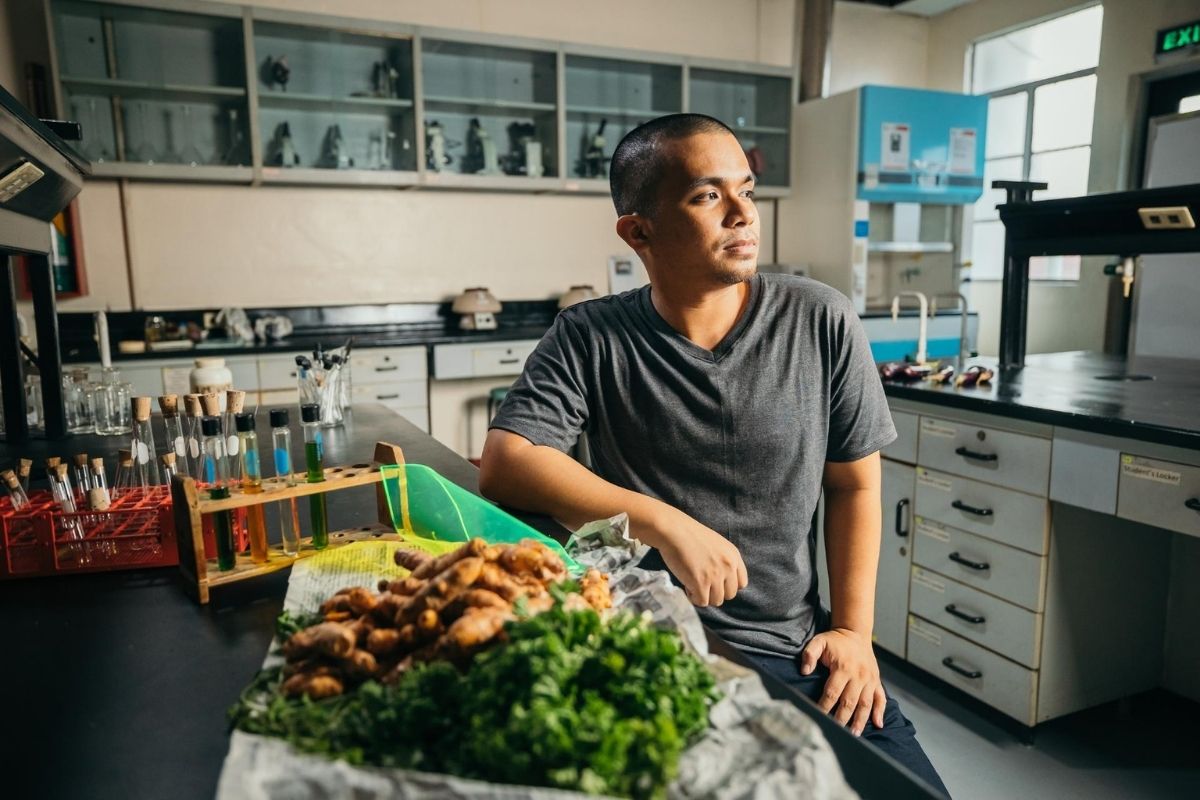Student Wins Inaugural James Dyson Sustainability Award by Inventing Solar Panels Made From Food Waste



The first James Dyson Award for sustainability recently named its winner for 2020. The James Dyson Award is an international prize for designers and engineers. Students from 27 different countries compete for this prestigious title, and a 27-year-old from the Philippines is the 2020 winner. Carvey Ehren Maigue of Mapua University bested 1800 entries from other students around the world to win this award and its £30,000 prize. The cash is intended to provide support for further development on his winning project.
Solar panels have become increasingly efficient in recent years, and as producers become more efficient, the price of solar energy has dropped accordingly. However, the current generation of solar panels can only produce energy for a portion of an average sunny day. Short winter days will provide less solar energy with current technology. Additionally, clouds can block the sun's energy and limit the amount of solar power that a panel can capture.
Present technology produces energy only about 15% to 22% of the time. Additionally, present iterations of the solar panel can only produce energy from visible light. This means that the panels need exposure to direct sunlight. Maique's project attempts to solve this problem.
The winning project could bring the efficiency of solar panels to another level while increasing their overall sustainability. Maique's new solar panels can produce energy nearly 50% of the time, a rate that is much higher than what the current generation of solar panels can produce. Effectively, the panels produced through Maique's process can capture UV light that reflects from pavement and windows and then convert it into DC power. His design involves translucent panels that are two feet by three feet, and homeowners and businesses can affix these panels to windows and walls to produce the energy that the modern world uses to power society.
Many people who opt for solar power do so for sustainability reasons. Solar panels can produce energy for many years with no additional inputs. More traditional sources of power like plants that run on coal or natural gas require a steady stream of fossil fuels that are limited in supply. Fossil fuels also contribute to the pollution of the atmosphere and the environment.
The production of traditional solar panels contributes to some environmental degradation, but they can produce energy without any emissions after installation. The sun will continue to produce energy for the foreseeable future, unlike plants that use fossil fuels.
Maique's concept improves upon this idea of sustainability. It involves using fruits and vegetables that are unfit for human consumption. This produce is crushed and then the liquid is strained to capture bioluminescent particles. In turn, these bioluminescent particles are suspended in a resin panel where they can absorb UV light that is not visible. Then, they convert that UV light and re-emit it as visible light that can produce energy through photovoltaic cells that are attached to the edges of the panel where they convert that energy to a DC current.
The fact that the bioluminescent particles come from spoiled fruits and vegetables means that this form of energy will be even more sustainable than more traditional photovoltaic systems. There is no shortage of fruit and vegetable material available, and unlike fossil fuels, this fuel grows continuously. Additionally, the producers of the panels can mold them into any shape so that they can fit on windows or building facades to produce energy for years to come.
Maique named his project the AuReus system. This refers to the aurora borealis because his concept is based on the physics that produce the famous northern lights. This technology could revolutionize the solar power industry, making Maique an outstanding choice as the sustainability winner of the James Dyson Awards.